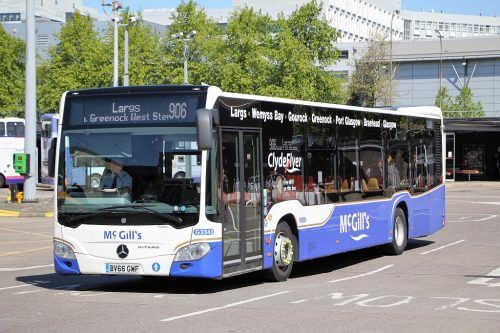
Gareth Evans talks to Ralph Roberts, Managing Director at McGill’s about the latest development at the Scottish independent operator – including DRT and ticketing, which he describes as the next big revolution
Ralph Roberts, has spent his working life around machinery and operations of one kind and another.
The 55-year-old remains firmly down to earth – some might say that is a typical trait of someone with an engineering background. As a journalist, I know Ralph can be relied upon for a straight answer, something that many people respect him for.
Career
Ralph started in the industry as a Scottish Bus Group engineering management trainee with Eastern Scottish in the Edinburgh area in 1979. […]
By subscribing you will benefit from:
- Operator & Supplier Profiles
- Face-to-Face Interviews
- Lastest News
- Test Drives and Reviews
- Legal Updates
- Route Focus
- Industry Insider Opinions
- Passenger Perspective
- Vehicle Launches
- and much more!


